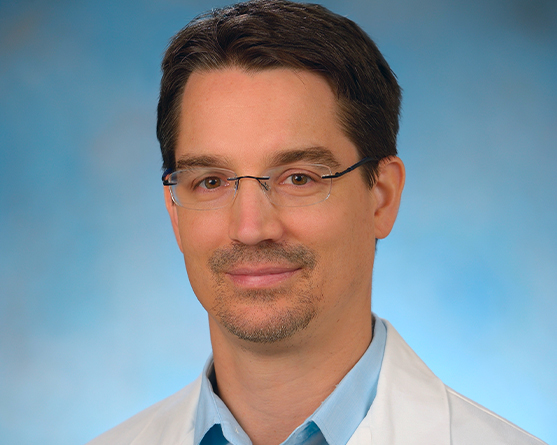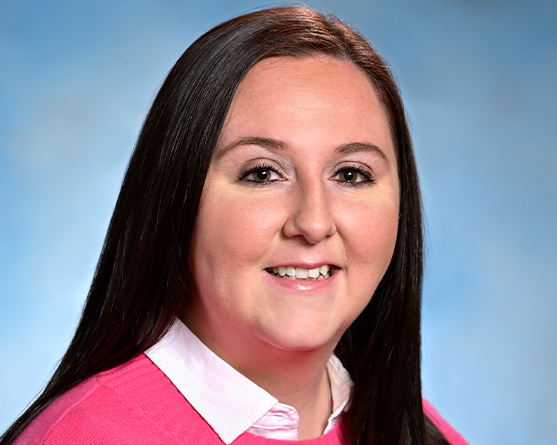Daniel A. Neff, MD


September is National Recovery Month — a time to raise awareness about substance abuse treatment and mental health services. It’s a time to offer support and encouragement to those who are struggling and in need of help. Remember, you’re not alone in your recovery journey and there are resources available to assist you and your loved ones.
The relationship between mental health and addiction, also known co-occurring disorders, happen when someone has both a mental health condition and a substance use disorder at the same time. These conditions often influence each other, making treatment more complex. For example, someone might use alcohol or drugs to cope with anxiety or depression, but over time this can make their mental health worse. Treating both conditions together, through therapy, medication and support, is important for recovery and overall well-being.
If you need additional help, we're here for you. Mirmont Treatment Center offers a comprehensive range of services designed to support individuals on their journey to recovery from substance use disorders and co-occurring mental health conditions. Located in a peaceful, natural setting, Mirmont Treatment Center provides personalized care that addresses both the physical and emotional aspects of drug and alcohol addiction.
Services include:
Additionally, our specialty care programs cater to specific needs, including dual diagnosis, trauma-informed care, relapse prevention and chronic pain management, ensuring that every individual receives a personalized treatment plan that addresses the underlying factors contributing to their substance use.
Mirmont Treatment Center inpatient and outpatient facilities are in network with most insurance providers.
To learn more or schedule an intake please call our admissions team today at 1.888.227.3898.



Need to know the stages of addiction? Experts from Main Line Health explain how to recognize the stages of drug & alcohol addiction and where to get help.

Dual diagnosis, also known as co-occurring diagnosis, is the coexistence of a mental health disorder and substance use disorder.

From cravings to underlying emotional issues, relapse can be triggered by several factors. Let’s explore the challenges people face in their recovery journey.

Brendan Arata was making positive changes in his life after struggling with addiction. But when he relapsed and passed away from an overdose, his parents set off on a mission to help others struggling with addiction.
